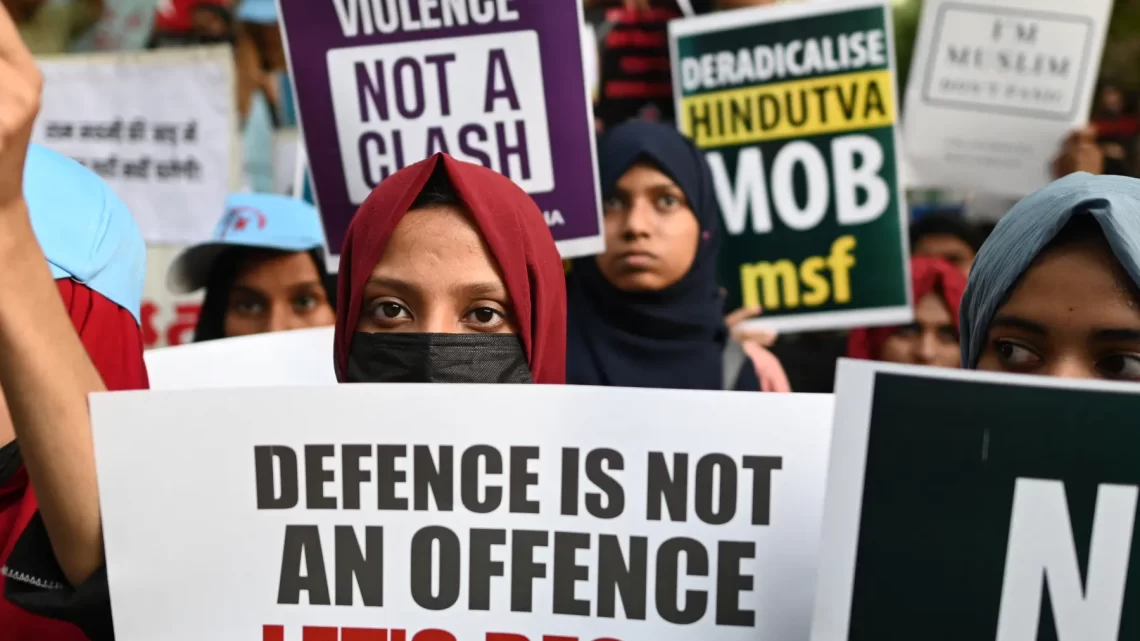
Commendable Muslims’ Resilience Amid Rising Anti-Muslim Sentiments in India
February 12, 2024Renowned political commentator, journalist, and YouTuber, Shyam Meera Singh, has emphasized the crucial role played by India’s Muslim community in averting a significant crisis through their extraordinary patience and resilience. His insights shed light on the prevailing socio-political landscape, addressing concerns over escalating anti-Muslim sentiments across India.
Singh draws attention to a disturbing trend of competitive “anti-Muslim” rhetoric, particularly prominent in certain state governments like Uttarakhand’s. In these regions, there is an active cultivation of an environment fostering hostility towards the Muslim community. He highlights targeted demolitions of tombs and madrasas, expressing concern over the protection provided to individuals promoting anti-Muslim ideologies. Singh also criticizes the Uttarakhand chief minister for aggravating tensions with inflammatory statements, contributing to an already tense atmosphere.
A particularly alarming development highlighted by Singh is the introduction of the Uniform Civil Code (UCC) in Uttarakhand, which he views as a deliberate attempt to provoke the Muslim community. Despite these challenges, Singh commends the discernment of Indian Muslims in recognizing such tactics and applauds their unwavering commitment to peace and stability.
Singh’s remarks caution against underestimating the resilience of the Muslim community in the face of adversity. He urges sensible Hindus to stand in solidarity with their Muslim counterparts, emphasizing the importance of unity in combating discrimination and preserving harmony within Indian society.
The commentary brings to the forefront the need to address the escalating anti-Muslim sentiments and the potential consequences they may have on the country’s social fabric. Singh’s observations underscore the importance of acknowledging the challenges faced by the Muslim community, particularly in regions where targeted hostility is evident.
To conclude, Shyam Meera Singh’s analysis provides valuable insights into the current socio-political landscape in India. It not only highlights the concerning trends of escalating anti-Muslim sentiments but also commends the resilience and discernment of the Indian Muslim community. Singh’s call for unity and solidarity among different religious communities is a crucial reminder of the shared responsibility in preserving harmony and combating discrimination within the diverse tapestry of Indian society.

